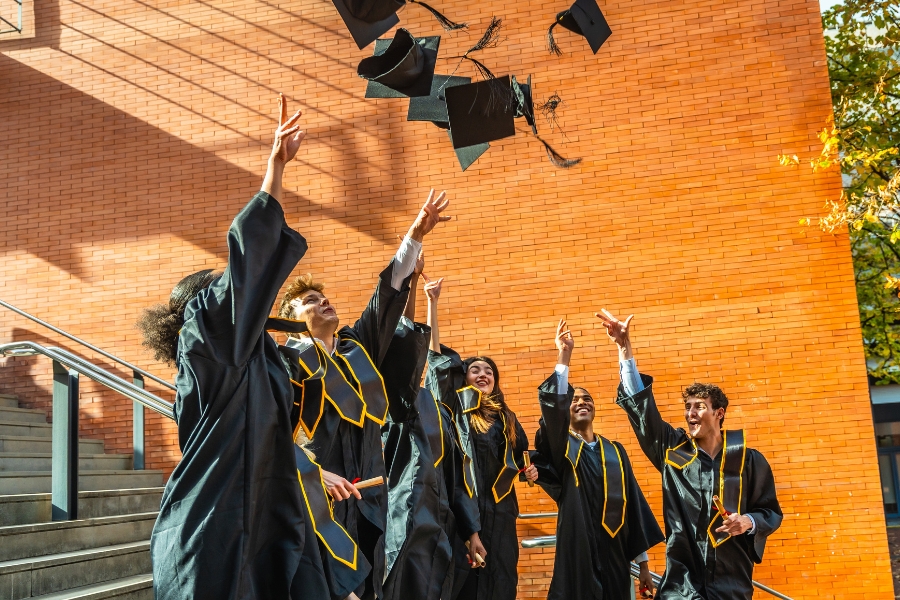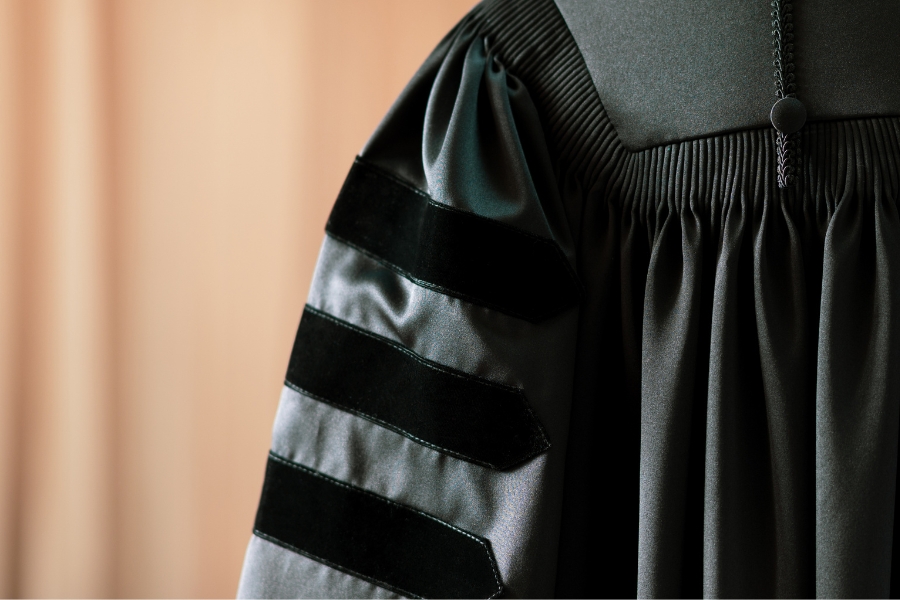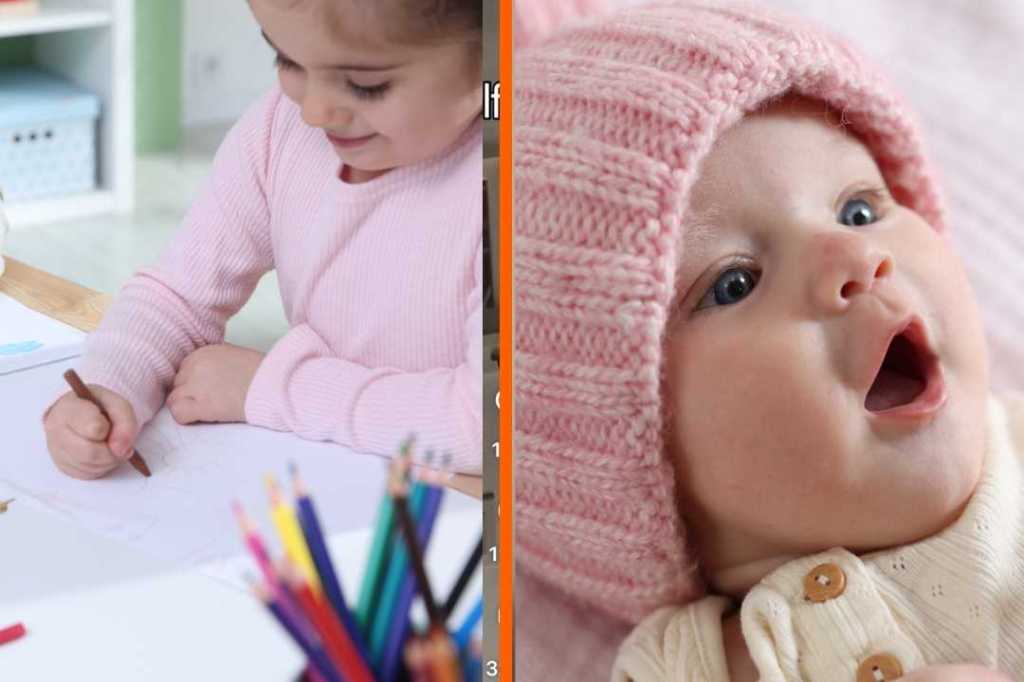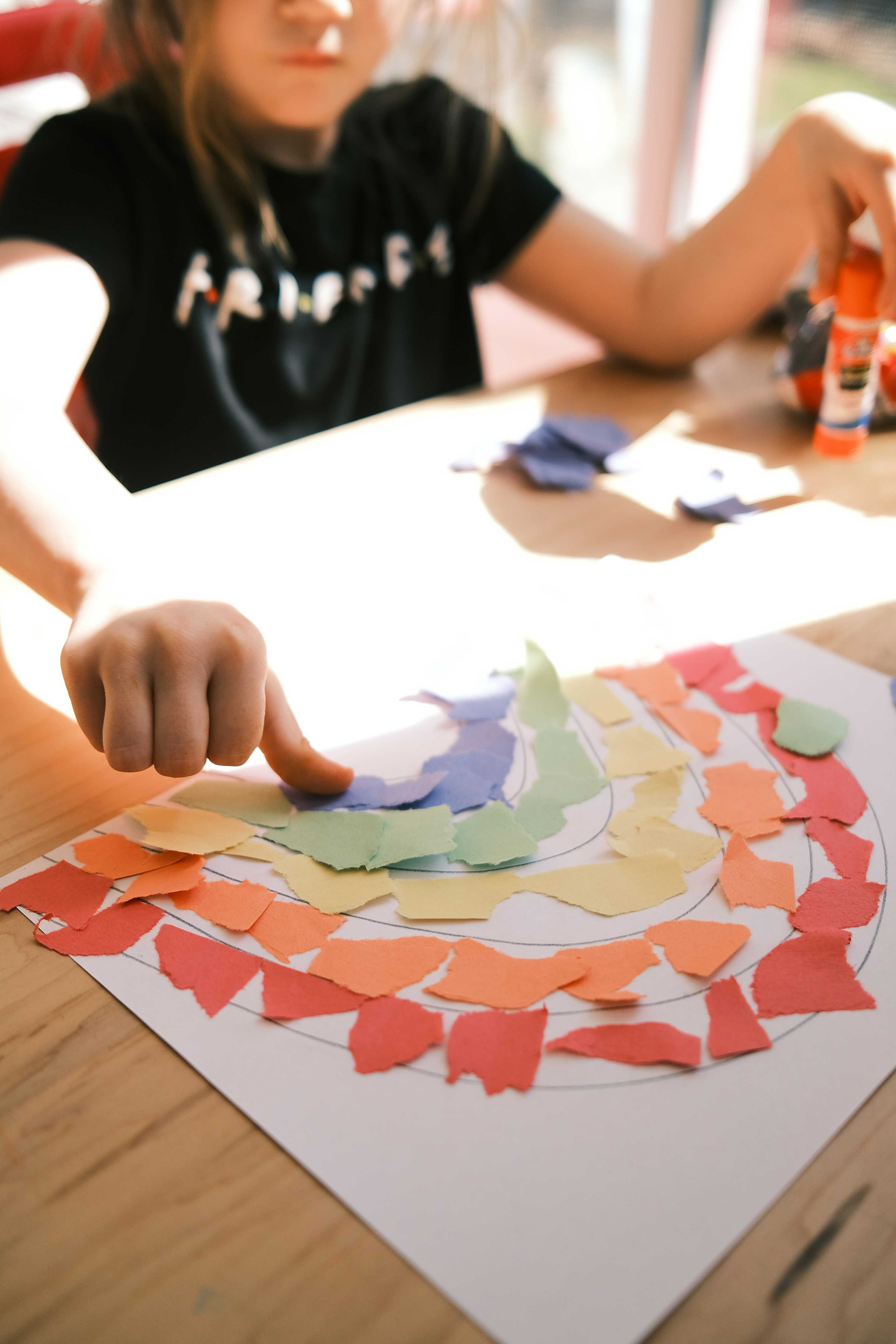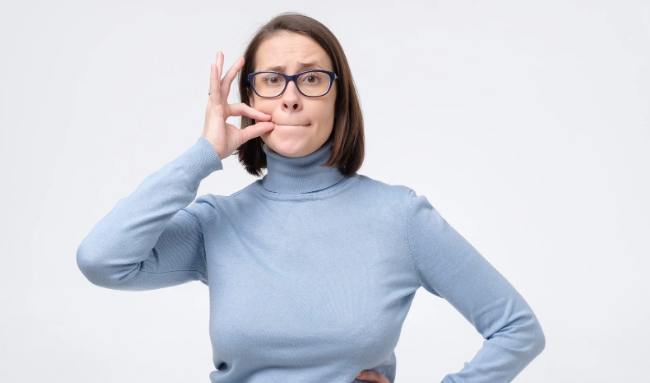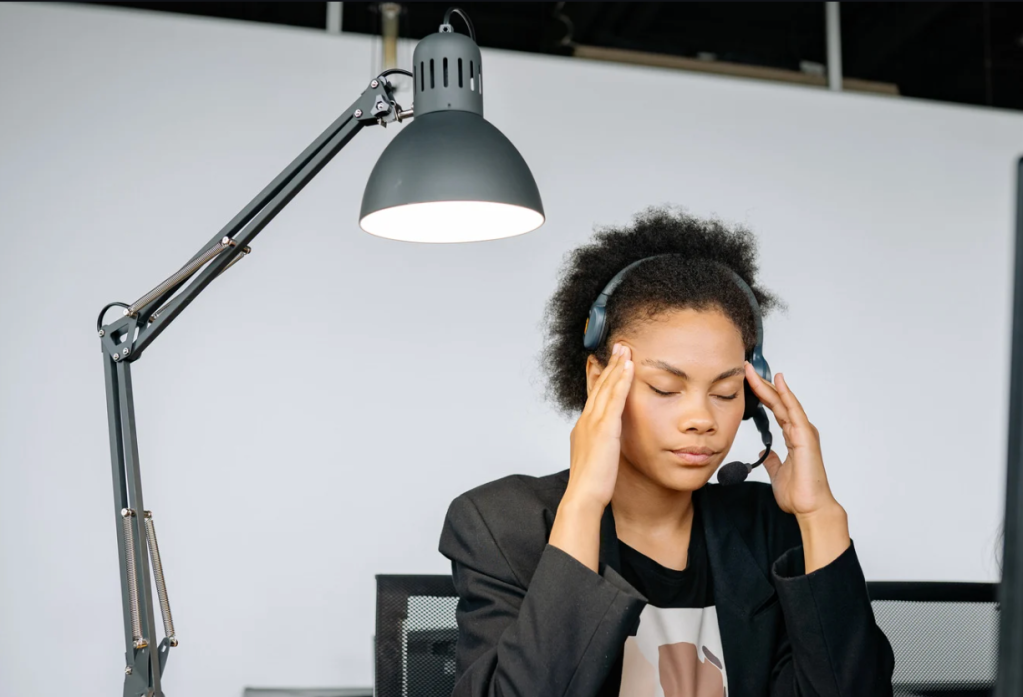As inflation following the COVID-19 pandemic peaked in the summer of 2022, Americans keenly felt it at the grocery check-out. It seemed as if prices had gone up on everything, and our food budgets took a hit. Even though inflation has eased since then, many of us are still lamenting the amount we’re spending on groceries and dining out every month.
A New York Post headline ominously pronounced in February 2024 that “Americans have not spent this much of their incomes on food since the Gulf War,” citing a federal statistic that U.S.consumers spent 11.3% of their disposable income on food—a higher percentage than we’ve seen in the past 30 years.
But as they say, it’s all relative. While we balk at spending 11% of our income on food, families in the early 1900s would have been thrilled at spending that little on food.
According to the Bureau of Labor Statistics, Americans spent a whopping 42.5% of their household budgets on food in 1901, nearly four times what we spend now. In real numbers, that means the equivalent of a household with the current median income of almost $75,000/yr spending $2,610 a month on food. And that was the reality for a long time—even a few decades later in the 1930s, people were still spending more than a third of their income on food compared to our 11% today.
And the economy, while different in its nature, wasn’t drastically different in terms of numbers at that time. The unemployment rate for Americans in 1901 was 4.0%, approximately the same as March of 2024. The country was between two mild recessions and it would only be two more years before it overtook Britain as the world’s wealthiest nation. It’s not like there was some huge economic downturn that had caused food prices to soar at that time. Food just cost a whole lot more relative to people’s income back then.
Okay, so food budgets were high relative to income back then, but what about housing? Surely, people spent far less of their money on housing at that time, right?
Less, yes, but not by as much as we might assume. In 1901, housing made up 23.3% of the average household budget, while in 2022 it was 33%. Definitely an increase, but not as drastic as the decrease in our food budgets. (Caveat: Those percentages don’t speak to everyone’s individual situation—some Americans are spending upwards of 50% of their income on rent and utilities.) Our clothing expenditures have also gone down by a lot since 1901, from 14% of income to less than 3%.
So where is all of our money going to make our budgets feel squeezed? One spending category that’s not even included in the 1901 statistics, which makes up double digit percentages of our spending today, is transportation. In 1901, the automobile industry was in its infancy, still a couple decades away from its first big boom that made cars commonplace. Now we have cars, buses, subways, air travel—and the fuel for all of those things—that people in 1901 simply didn’t have to consider.
We also have technology like computers and smartphones now that have become more necessity than nice-to-have. And along with that, of course, we have copious entertainment extras that most of us can’t imagine living without.
Another expenditure that doesn’t show up in 1901 is healthcare, which takes up 8% of our budgets now. Did people simply not have healthcare expenses back then?
Basically, no, they didn’t. According NPR, Americans spent around $5 a year ($100 in today’s dollars) on medical care in 1900, primarily because there wasn’t a whole lot of medical care to be had. We forget how far our advancements in medicine came in the 20th century, and that those advancements have a cost. Throw in the health insurance industry evolving in the middle of the 1900s, and now medical costs make up a decent chunk of our budgets.
It’s fascinating to take a step back and look at the big picture of history when we find ourselves complaining about the price of a banana or a bag of rice. It’s not that we can’t or shouldn’t feel frustrated when our cost of living increases, but when it comes to food budgets, we’re living in pretty flush times, relatively speaking. Especially when we consider how much more access we have to different kinds of foods than ever before.
Fluctuations in retail prices have always occurred, of course, due to wars, recessions, etc., and some items have become more expensive while others have gotten cheaper, relatively speaking. But regardless of individual prices, if we find ourselves lamenting our curren grocery bill, it might help to remember how much more of the average budget food used to be. Even if grocery prices were to rise more, we still won’t be anywhere near the percentage of our paychecks that food used to take up, and that’s certainly something to be grateful for.





